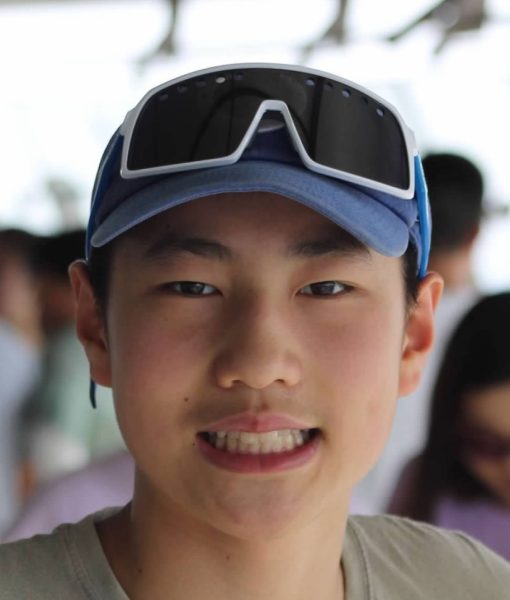The School Health Advisory Council and Student Voices
March 30, 2023
For the past 40 years, the School Health Advisory Council (SHAC) has worked tirelessly to improve the health and well-being of students at Lexington Public Schools.
SHAC is currently led by Julie Fenn, the LPS Coordinator of Health Education and Prevention, along with student co-chairs Emma Bellotte and Kavya Sasisekharan.
“The mandate of SHAC is really to be an advisory/board to the superintendent, school committee, and the school community around the health and academic success of all students. It is really through a coordinated and comprehensive approach,” Fenn said.
SHAC also manages the annual Youth Risk Behaviour Survey and the Parent Academy. Their projects are currently a joint effort between the student co-chairs and Fenn, although this hasn’t always been the case.
“I would say the biggest thing that we have done in the time that I have been here is to bring the student voice in more. During the council, I would bring students in with me as a prevention specialist. There were a lot of adults sitting around the room and not a lot of student representation,” Fenn said.
Fenn has moved SHAC sub-committee meetings to I-Blocks to allow for more student participation. They assist the peer leadership program, allowing students to help create a healthier environment at Lexington High School.
SHAC has also started other programs in LPS, like the LGBTQ Task Force and the Substance Abuse Task Force. In addition, they have created a health committee, which unites the health departments at LHS, ranging from the health teachers to the food services.
SHAC wants to keep growing in the future, with greater student involvement being a key focus. With sub-committee meetings now being more available to the student body, SHAC hopes more students will come to participate.
“What I have been really working towards is to have more student-led and student voices within the council. You have heard all that we are doing and I can only represent the student voice to a certain extent. I need the students,” Fenn said.

